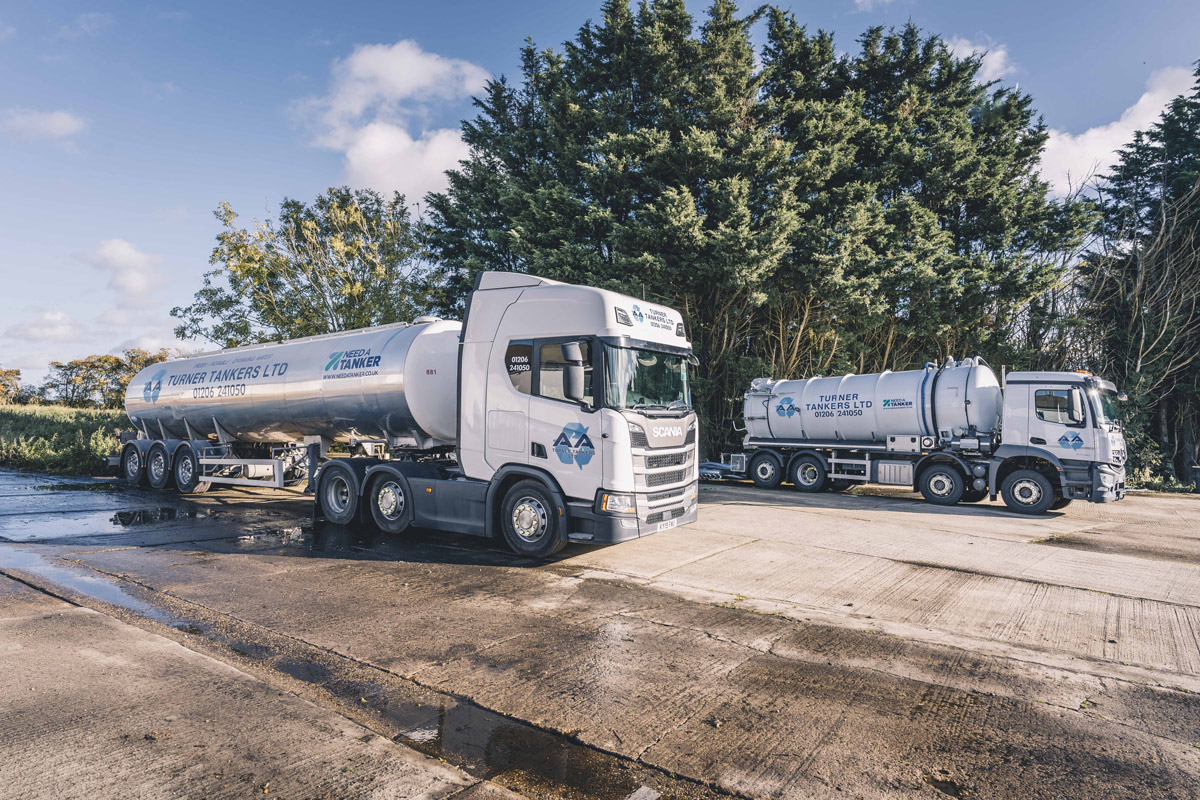The 8-Minute Rule for Reclaim Waste
The 8-Minute Rule for Reclaim Waste
Blog Article
Some Known Questions About Reclaim Waste.
Table of ContentsHow Reclaim Waste can Save You Time, Stress, and Money.The Main Principles Of Reclaim Waste More About Reclaim WasteThe Ultimate Guide To Reclaim WasteHow Reclaim Waste can Save You Time, Stress, and Money.
Check out the kinds, incidents, and forms of fluid waste. Residential sewage waste describes the waste and products from a household sewage-disposal tank. This sort of waste is developed by humans in residences, schools, and other structures. This only includes septic tanks that have a drain area. The appropriate monitoring and disposal of domestic sewer waste require liquid waste to be moved to a sewage treatment plant where the correct techniques and tools are related to cleanse and get rid of waste.
Commercial waste typically consists of possible hazards, such as flammable products or a combination of fluid and solid waste items, and calls for an extra advanced and in-depth disposal procedure. The disposal of business waste generally includes the purification of waste before transportation to guarantee risk-free and correct disposal. Industrial waste is created from byproducts and overflow of industrial processes and production.
This type of waste can not make use of the very same sewer monitoring transport or procedures as septic or business fluids. The hazardous waste monitoring procedure calls for the inspection and testing of liquid waste before it undergoes the disposal process (liquid waste removal). Overflow waste is the liquid waste that comes from runoff and excess stormwater in highly populated areas or cities
Overflow waste can create contamination and flooding if not taken care of appropriately. Guaranteeing proper waste management can avoid catastrophes and reduce ecological damage.
Reclaim Waste Things To Know Before You Get This
Get in touch with PROS Services today to discover concerning our waste management and disposal solutions and the proper methods to look after the liquid waste you create.
(https://filesharingtalk.com/members/604691-reclaimwaste1)This so-called 'wastewater' is not just a vital resource yet, after therapy, will certainly be released to our land, rivers or the ocean. Utilized water from commodes, showers, baths, kitchen area sinks, washings and industrial procedures is known as wastewater.

water made use of to cool down machinery or tidy plant and tools). Stormwater, a form of wastewater, is overflow that moves from agricultural and metropolitan locations such as roofing systems, parks, yards, roadways, paths and rain gutters right into stormwater drains pipes, after rain. Stormwater moves untreated directly to neighborhood creeks or rivers, at some point reaching the ocean.
The 15-Second Trick For Reclaim Waste
In Queensland, many wastewater is treated at sewer treatment plants. Wastewater is carried from domestic or industrial sites with a system of sewage systems and pump terminals, referred to as sewage reticulation, to a sewer therapy plant. Neighborhood federal governments construct, keep and run most sewer treatment plants. Operators are certified under the Environmental Security Act 1994 to discharge treated wastewater at an acceptable environmental standard right into rivers.
The Department of Natural Resources recommends city governments regarding managing, operating and maintaining sewage systems and treatment plants. In unsewered areas, neighborhood federal governments may require householders to install individual or family sewage treatment systems to deal with residential wastewater from bathrooms, cooking areas, washrooms and laundries. The Department of Natural Resources authorises using home systems when they are verified to be efficient.
In some brand-new neighborhoods, therapy of some stormwater to get rid of trash, sand and crushed rock has started using gross contaminant catches. Wastewater treatment takes place in four stages: Removes solid issue.
Utilizes little living microorganisms knows as micro-organisms to break down and eliminate staying liquified wastes and great fragments. Micro-organisms and wastes are incorporated in the sludge.
The Ultimate Guide To Reclaim Waste
Nutrient elimination is not offered in any way sewage treatment plants because it requires expensive specialist tools. It is becoming a lot more common in Queensland. Clear fluid effluent generated after therapy may still include disease-causing micro-organisms. If this effluent is released right into rivers such as rivers or the sea, the micro-organisms will ultimately die out.

The majority of wastewater streams right into the sewerage system. Under the Act, neighborhood federal governments provide approvals and licences for eco appropriate tasks (ERAs) entailing wastewater releases that may have a neighborhood influence.
Some Known Factual Statements About Reclaim Waste
Otherwise, samples are considered research laboratory analysis. Commonly several tests are needed to establish the levels of each of the different contaminants such as oils, hefty steels and chemicals in water. Surveillance provides factual info regarding water high quality and can verify that permit problems are being fulfilled. The details gotten via monitoring provides the basis for making water quality decisions.
Report this page